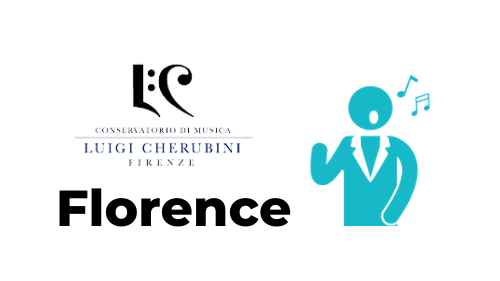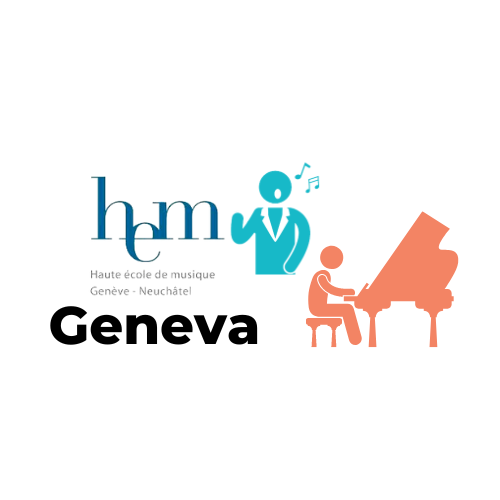![]()
(Title to be announced)
Period of the EOA module in 2024-2025:
- From 08 January 2025 to 14 April 2025 (Easter holidays from 29 March to 08 April 2025)
Description of the EOA module:
Professional training and preparation for an opera role, concluding with the performance of a fully staged opera production (title to be announced).
This includes:
- Spanish language training
- Working with the scenic director, set designer, costume designer, lighting designer, and the producer, as well as the singers, pianists and the choir
- Ensemble rehearsals with the orchestra, stage director, conductor, choir and singers
- Dress rehearsal with the orchestra, stage director, conductor, choir and singers
- Opera performances in our Auditorium and other venues
Speciality of this module in comparison with other courses:
Valencia is a major cultural centre and encourages immersion into the professional opera and music scene: Palau de les Arts Opera House, concerts and presentations by major international musicians,..
In addition, there are many events and festivals throughout the year (i.e. Las Fallas). With a rich history in modern architectural masterpieces (City of Arts and Sciences), Valencia’s deep, multicultural roots, cosmopolitan flavor, and warm climate to make it a true Mediterranean gem.
Also, Valencia is one of Spain’s (and Europe’s) most affordable cities for student accommodation.
Names of the professors of this module:
- Stage director: Eugenia Corbacho, Jaume Martorell
- Costume designer: Miguel Ángel Jiménez
- Producer: TBA
- Set designer: TBA
- Lightning designer: TBA
Possible extras besides the module
Masterclasses
Participation in other projects:
Concerts of highlights from operas and zarzuelas performed in other venues.
Attending opera performances at Palau de les Arts
Exchange and collaboration with other students of the Conservatory working on the same production
Minimum and maximum number of EOA students
Open to 1-2 students
Number of teaching/production hours of the EOA module:
Teaching: The first 4 weeks
- Spanish language training
- Working with the scenic director, set designer, costume designer, lighting designer, and the producer, as well as the singers, pianists and the choir
Production: The following 4 weeks
- Ensemble rehearsals with piano, stage director, conductor, choir and singers
- Ensemble rehearsals with the orchestra, stage director, conductor, choir and singers
- Dress rehearsal with the orchestra, stage director, conductor, choir and singers
Opera performances in our Auditorium and other venues.
Number of ECTS within master accreditation:
25 ECTS
Entrance examination:
Contact the coordinator:
Charo Vallés
The materials to submit with your application are:
- CV
- Two Videos (it can be a link to YouTube or any other platform)
Deadline:
- 1st deadline: 01 June 2024
- 2nd deadline: 15 September 2024
Date for expected answers:
- 1st deadline: 15 June 2024
- 2nd deadline: 30 September 2024
Description of the final Examination:
Public performance of a fully staged chamber opera at the Concert Hall of the Conservatory Superior of Music
Teaching language:
Spanish, English, Italian, French and German
Total expenses of the EOA module per student and what is included/excluded in this price:
- Free for students in Erasmus Programme
- Module is available within an Erasmus exchange

